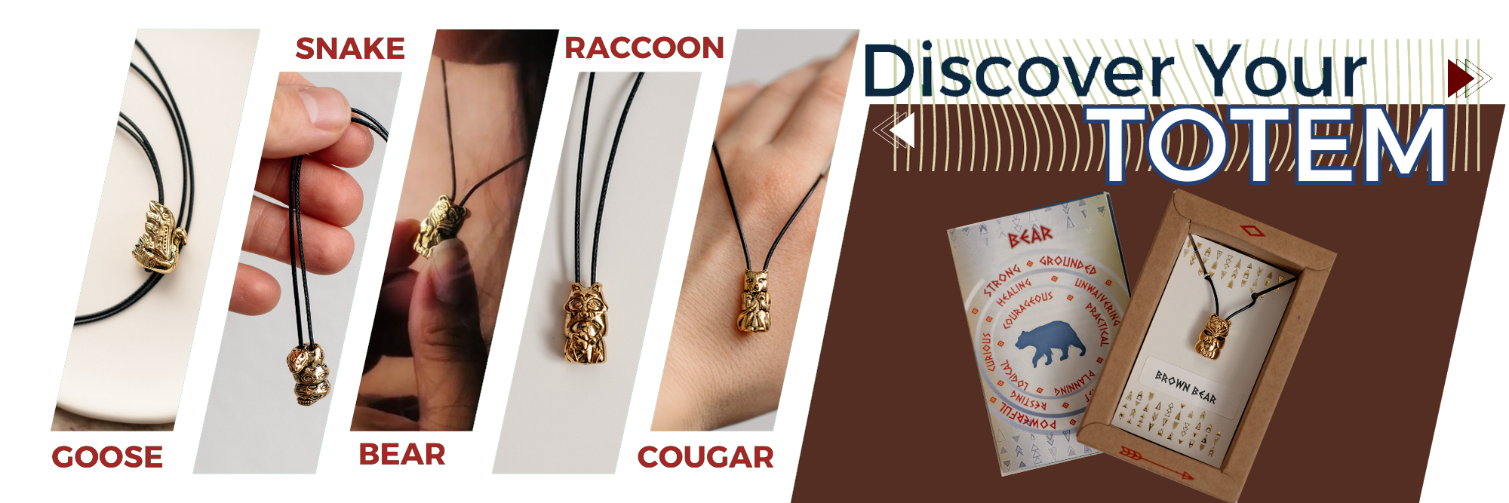
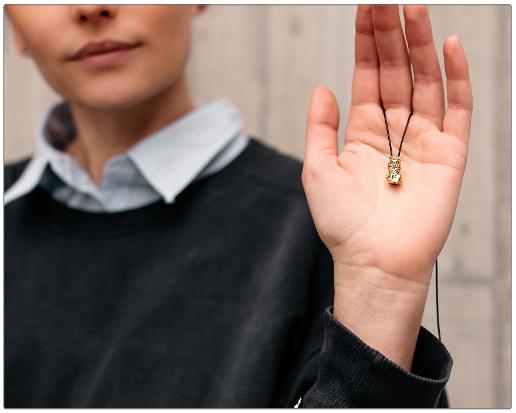
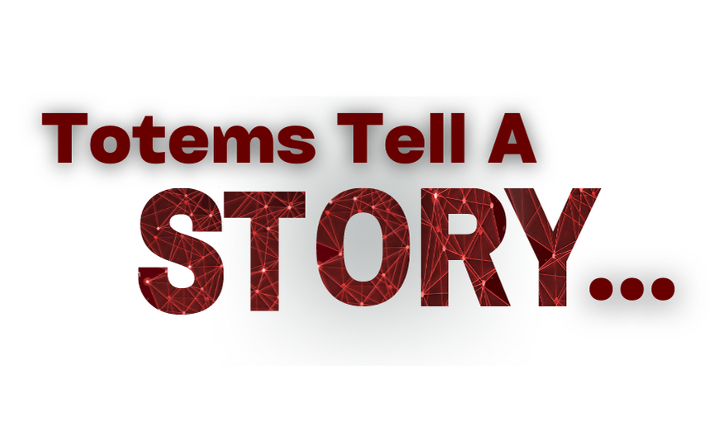
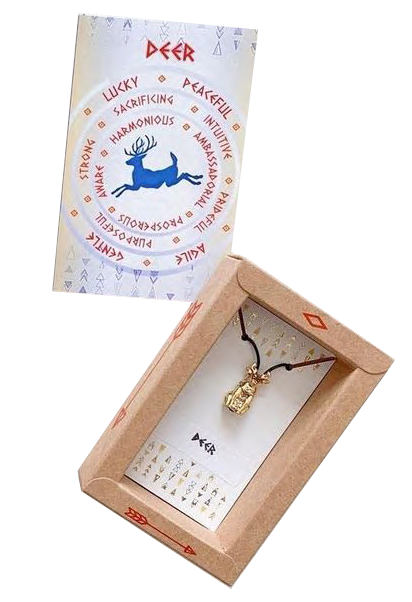
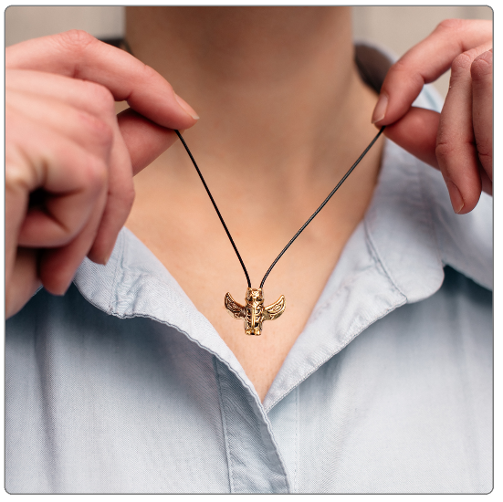
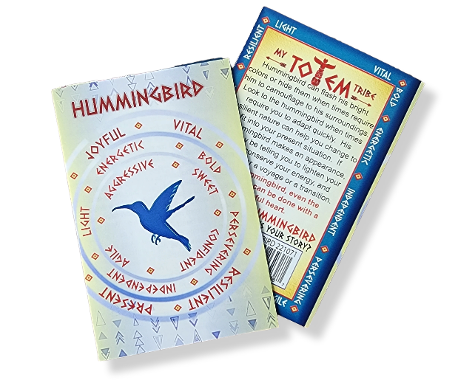
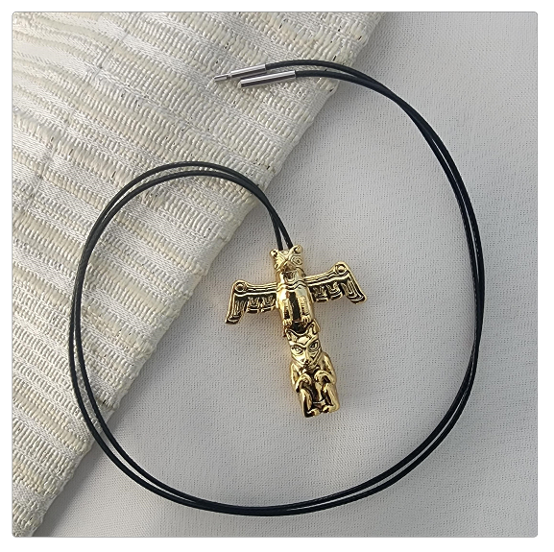
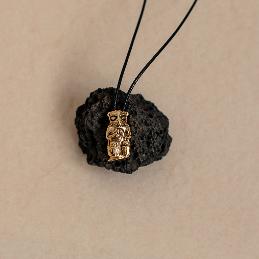
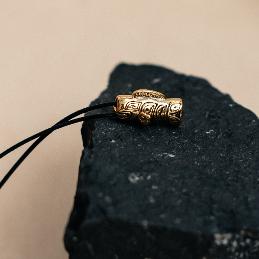
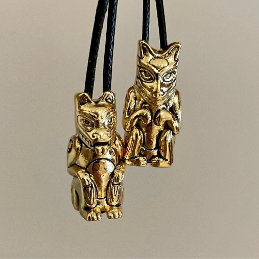
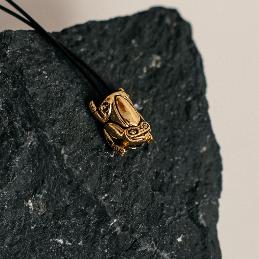
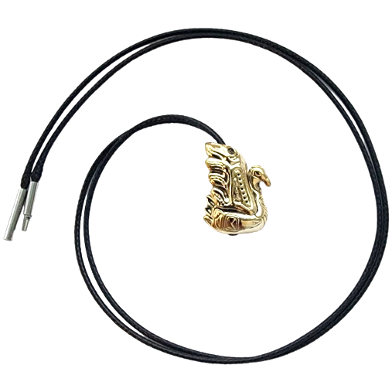
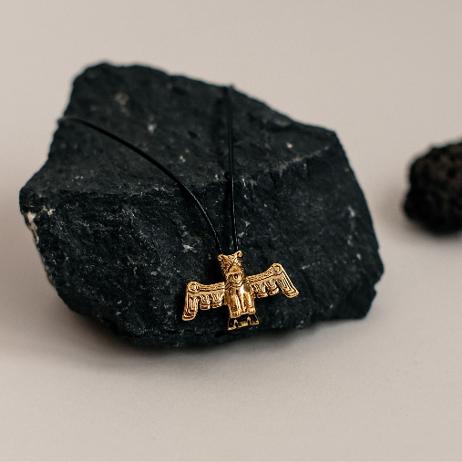






Across many cultures, an animal or symbol is celebrated for the month or year of your birth. While many variations exist, a popular Native American ZODIAC chart can be found HERE.Wear your Birth Totem for protection.
Your Animal Clan Totem is the animal that your spirit resembles. Wear your Clan Totem for spiritual connection and health.
Wear your Birth Totem and Clan Totem separately or create your totem tribe by stacking the beads.


Sometimes people feel a certain connection to an animal or find that a special animal shows up at meaningful times or in dreams.

Perhaps you appreciate the unusual nature of an animal that others may puzzle over because you feel a unique understanding. For others, it may not be as clear.

If you are looking for your spirit animal, ask a friend for some guidance. Our closest allies offer an unbiased interpretation of our character which may be more accurate than our own views.

Of course, looking within will be harder if we do not know what we are looking for. If totems are a new concept, take our quiz to find your inner spirit animal.

Our story involves not just our experiences, but how we interpret these events. We all have a plethora of experiences in this world- but we can learn to connect them meaningfully only by digging deeper.
"Sympathia"
This Latin word is rooted in the belief that each person has a vital role to play in this world, and we should appreciate or sympathize with those who are different rather than demand they change.
© Copyright My Totem Tribe 2024